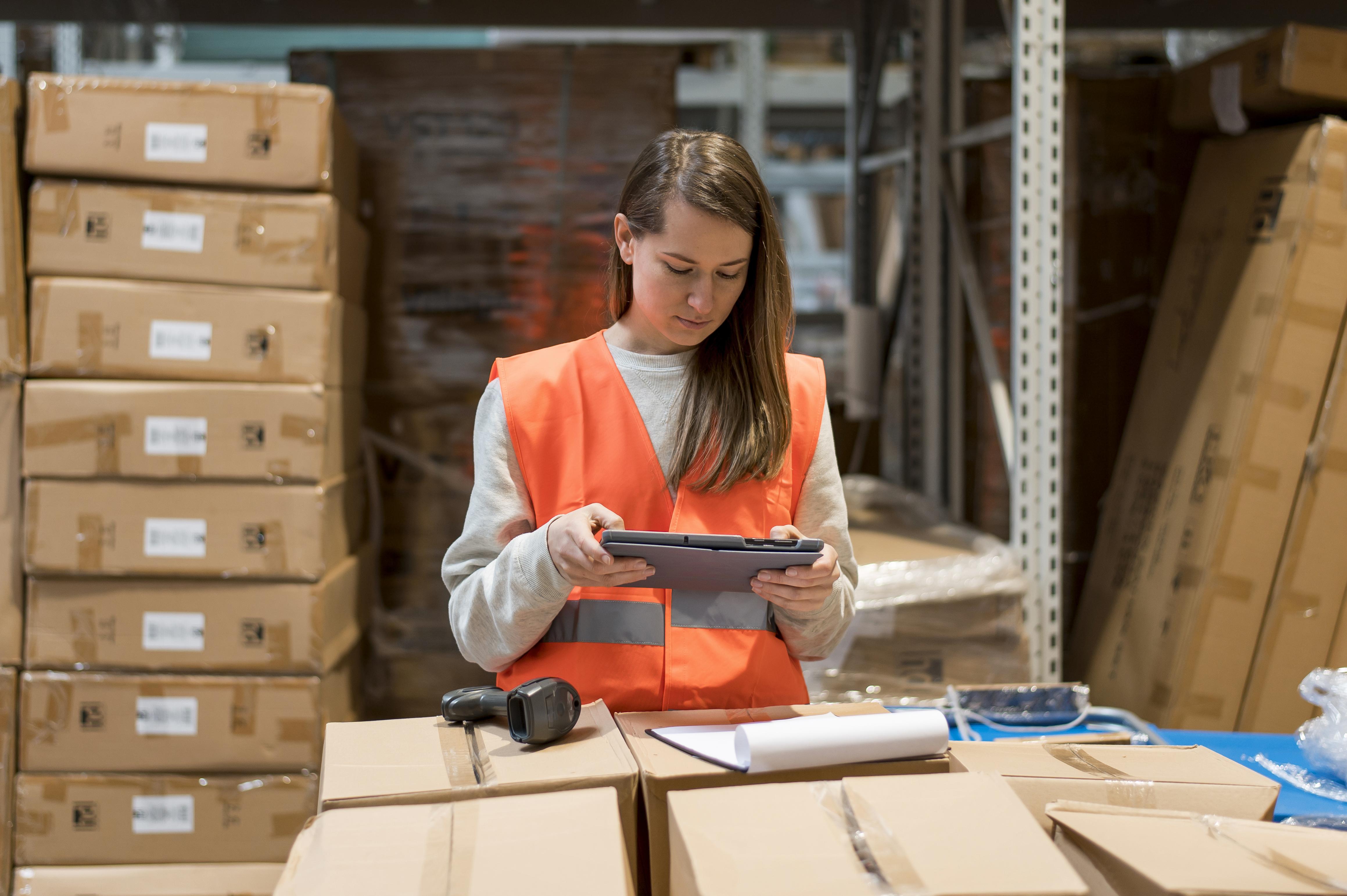The Role of Border Control While Exporting Your Products
06.11.2023 | 00:30 |Border control is the process of inspecting and regulating the entry and exit of people, goods, and vehicles across a country's border. It is a vital function of any government, and it plays an important role in promoting national security, economic development, and public safety.
In the context of exporting, border control plays a number of key roles, including:
• Ensuring compliance with export regulations: Exporters must comply with a variety of regulations, such as those governing export licenses, tariffs, and customs duties. Border control authorities are responsible for ensuring that exporters comply with these regulations and that they are not exporting prohibited or restricted goods.
• Protecting national security: Border control authorities also play a role in protecting national security by preventing the export of goods that could be used for military or terrorist purposes. For example, border control authorities may inspect shipments for weapons, explosives, and other dangerous materials.
• Preventing the spread of disease and pests: Border control authorities also work to prevent the spread of disease and pests by inspecting shipments for agricultural products and other goods that could carry harmful pathogens. This helps to protect public health and the environment.
• Facilitating trade: Border control authorities can also play a role in facilitating trade by streamlining inspection procedures and reducing delays at the border. This can help to make exporting more efficient and less costly for businesses.

How border control authorities carry out their duties
Border control authorities use a variety of methods to carry out their duties, including:
• Check the documents: Border control officers may review export documentation to ensure that it is complete and accurate. They may also check to see if the exporter has the necessary licenses and permits.
• Physical inspections: Border control officers may also conduct physical inspections of shipments. This may involve examining the goods themselves, as well as the packaging and shipping containers.
• Use of technology: Border control authorities also use a variety of technologies to help them carry out their duties. For example, they may use X-ray machines and other scanning equipment to inspect shipments for contraband and other illegal goods.
How exporters can prepare for border control inspections
Exporters can prepare for border control inspections by:
• Ensuring that they have all of the necessary documentation: Exporters should make sure that they have all of the required export documentation, such as export licenses, invoices, and packing lists. They should also ensure that the documentation is complete and accurate.
• Knowing the export regulations: Exporters should be familiar with the export regulations that apply to their products. This will help them to ensure that their shipments are in compliance.
• Cooperating with border control authorities: Exporters should be cooperative with border control authorities and provide them with any information or assistance that they need.
Benefits of a well-functioning border control system
A well-functioning border control system can provide a number of benefits for exporters, including:
• Reduced delays: A well-functioning border control system can help to reduce delays at the border, which can make exporting more efficient and less costly for businesses.
• Increased predictability: A well-functioning border control system can provide exporters with more predictability, which can help them to better plan their shipments and operations.
• Reduced risk: A well-functioning border control system can help to reduce the risk of exporters being fined or penalized for non-compliance with export regulations.

Challenges of border control
Border control authorities face a number of challenges, including:
• The increasing volume of trade: The volume of international trade is growing rapidly, which puts a strain on border control resources.
• The growing sophistication of smuggling networks: Smugglers are constantly developing new and more sophisticated methods of smuggling goods across borders.
• The need for a balance between security and trade facilitation: Border control authorities need to strike a balance between ensuring national security and facilitating trade. This can be a difficult challenge, especially in the face of the increasing volume of trade and the growing sophistication of smuggling and trafficking networks.
Today border control is an essential part of the global trading system. By working together, exporters and border control authorities can help to ensure that trade is conducted in a safe and secure manner.
In addition to the above, it is important to note that the role of border control in exporting is constantly evolving. As technology advances and new challenges emerge, border control authorities are developing new and innovative ways to carry out their duties. Exporters should stay informed of the latest changes to border control procedures and requirements in order to ensure that their shipments are processed smoothly and efficiently.
References:
https://trade4msmes.org/guides/customs-and-border-procedures/
https://subnational.doingbusiness.org/en/data/exploretopics/trading-across-borders/good-practices
https://www.dowjones.com/professional/risk/glossary/trade-compliance/export-import-controls/
https://subnational.doingbusiness.org/en/data/exploretopics/trading-across-borders/good-practices
https://www.globalsupport.harvard.edu/plan/legal-matters/exports-imports
This publication was prepared by USAID’s Trade Central Asia activity, as a part of the Export Ecosystem Development Initiative in cooperation with the Orient Information Portal.











